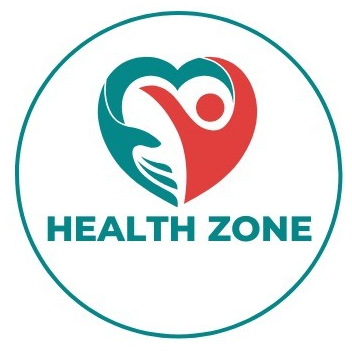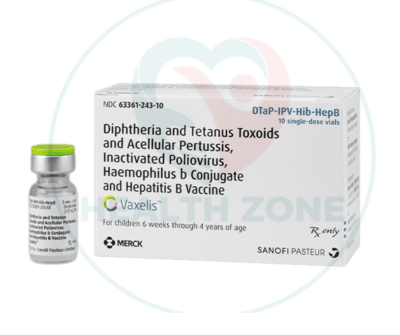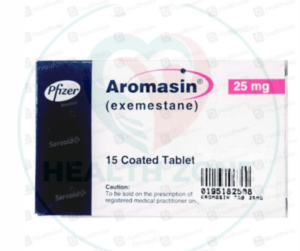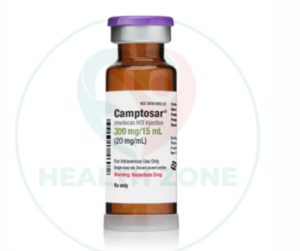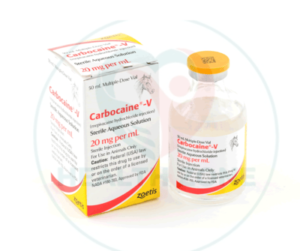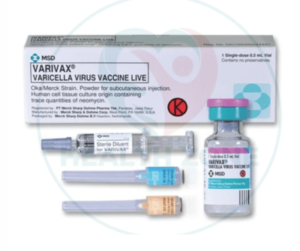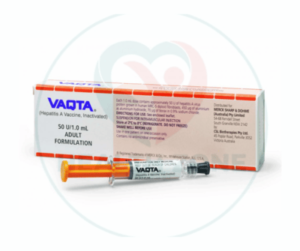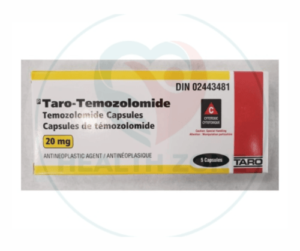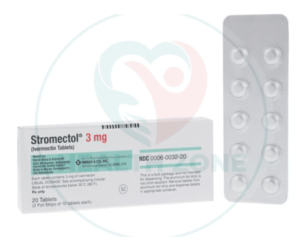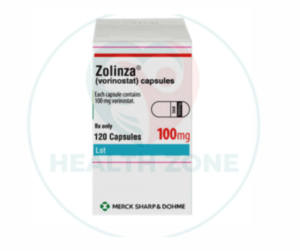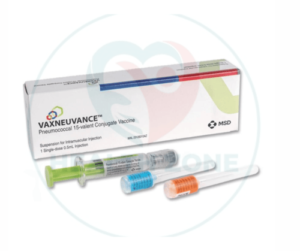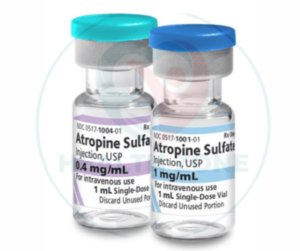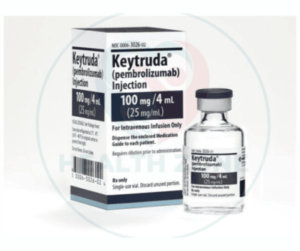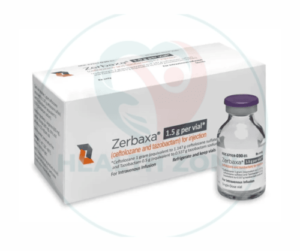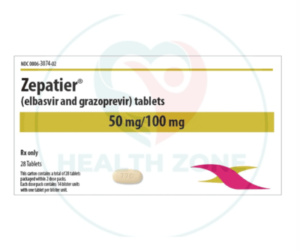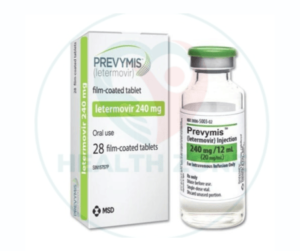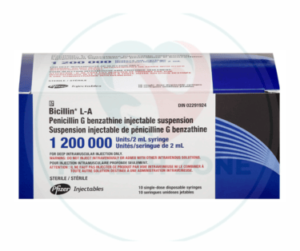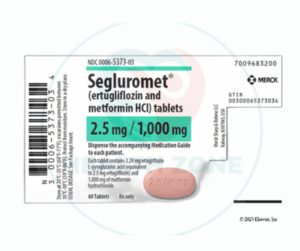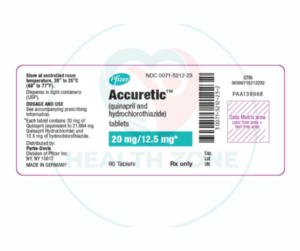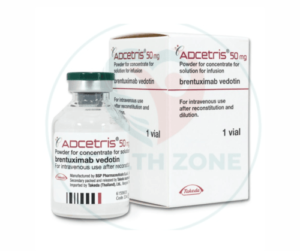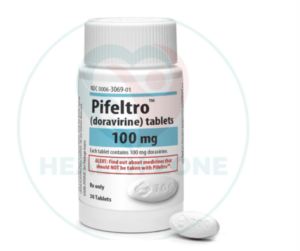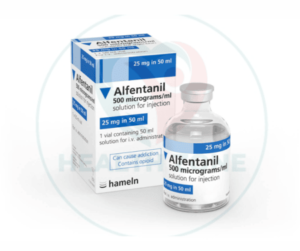VAXELIS® is a crucial combination vaccine developed by Merck & Co., Inc. It offers protection against several serious diseases in a single shot, making it an essential part of childhood immunization. Here we will explore VAXELIS®’s formulation, uses, advantages, side effects, dosage, precautionary measures, year of invention, company background, and pricing in the UK and USA.
Formulation of VAXELIS®
VAXELIS® is a combination vaccine that includes:
- Diphtheria Toxoid
- Tetanus Toxoid
- Acellular Pertussis Vaccine (whooping cough)
- Inactivated Poliovirus Vaccine
- Haemophilus influenzae type b (Hib) Conjugate Vaccine
- Hepatitis B Vaccine
This multi-component formulation is designed for subcutaneous injection, providing comprehensive protection against these infectious diseases.
Uses of VAXELIS®
VAXELIS® is primarily indicated for:
- Immunization of Infants and Young Children: It is recommended for children starting at 2 months of age, with additional doses given as part of the routine immunization schedule.
- Public Health Initiatives: VAXELIS® plays a vital role in vaccination programs aimed at preventing outbreaks of diphtheria, tetanus, pertussis, polio, Hib, and hepatitis B.
Advantages of VAXELIS®
- Combination Vaccine: By combining multiple vaccines into one, VAXELIS® reduces the number of injections a child receives, making the immunization process more convenient for families.
- Broad Protection: The vaccine effectively protects against six serious diseases, helping to reduce morbidity and mortality rates associated with these infections.
- Streamlined Immunization Schedule: VAXELIS® helps simplify the vaccination timeline, ensuring children receive critical vaccinations on schedule.
Side Effects of VAXELIS®
While VAXELIS® is generally safe, some side effects may occur:
- Common Reactions: Mild side effects can include pain at the injection site, fever, irritability, and fatigue. These reactions typically resolve within a few days.
- Serious Reactions: Although rare, some individuals may experience severe allergic reactions or other serious side effects. Parents should seek immediate medical attention if severe symptoms occur.
Dosage of VAXELIS®
The recommended dosage schedule for VAXELIS® is as follows:
- First Dose: Administered at 2 months of age.
- Subsequent Doses: Additional doses are given at 4 months and 6 months, with a booster typically administered between 15-18 months.
It is essential to follow the vaccination schedule to ensure adequate immunity against the targeted diseases.
Precautionary Measures of VAXELIS®
Before administering VAXELIS®, healthcare providers should consider:
- Medical History: Ensure the child has no history of severe allergic reactions to any components of the vaccine.
- Immunocompromised Status: VAXELIS® should be given with caution to children with weakened immune systems. Consulting a healthcare provider is crucial in these cases.
- Current Illness: If a child has a moderate or severe illness, vaccination may be postponed until recovery.
Year of Invention of VAXELIS®
VAXELIS® was first approved by regulatory authorities in 2014, representing a significant advancement in combination vaccines for children. VAXELIS® was approved by the FDA in 2020. It combines five vaccines into one shot to help protect against these diseases in children.
Company Information of VAXELIS®
VAXELIS® is manufactured by Merck & Co., Inc., a leading global healthcare company established in 1891. Merck is dedicated to advancing health through innovative medicines, vaccines, and animal health products, contributing significantly to public health worldwide
Price in USA and UK of VAXELIS®
As of the latest information:
- In the USA: The price for VAXELIS® can range from $120 to $150 per dose, depending on the healthcare provider and insurance coverage.
- In the UK: VAXELIS® is typically available through the NHS, often at no direct cost to families. Private vaccination costs may vary, generally ranging from £100 to £150 per dose.
Conclusion
VAXELIS® stands as a critical tool in protecting children from several serious infectious diseases. By simplifying the vaccination process and providing broad protection, it contributes significantly to public health initiatives. Parents should consult with their healthcare providers to discuss the importance and timing of vaccinations, ensuring their children are adequately protected.
